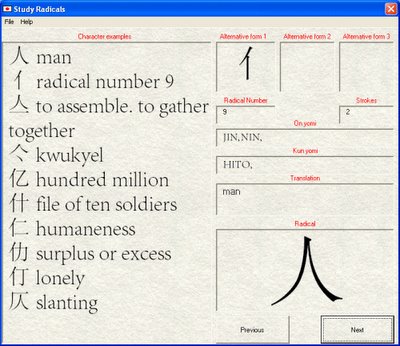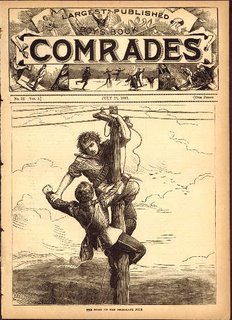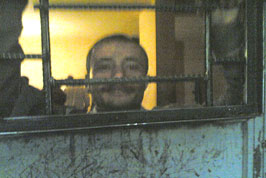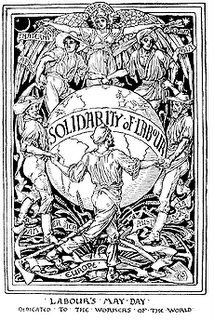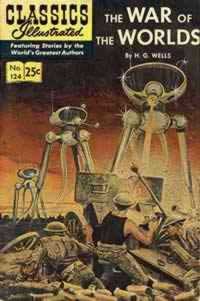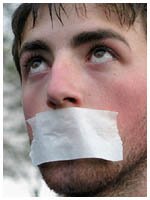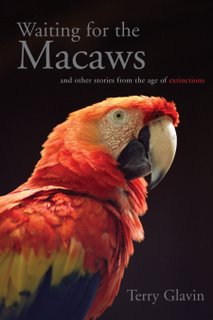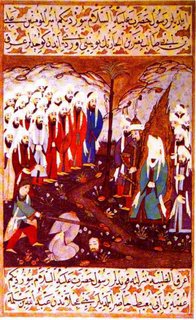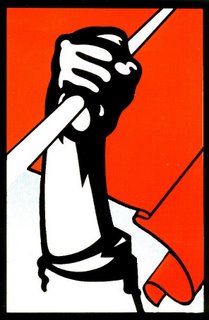Transgressions: Drawing the Line at Lynching
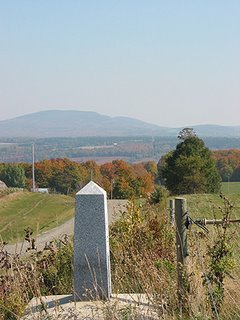 It’s taken a great deal of effort by a great many people, but we’re finally closing in on a long-overdue acknowledgement of an unutterably shameful moment in Canadian history. This coming Tuesday, February 28, marks the 122nd anniversary of the day that an American lynch mob rode north across the border at Sumas, about 80 kilometres east of Vancouver, and hanged a 14-year-old Canadian boy, whose name was Louie Sam. On Wednesday, March 1, the Washington state legislature will adopt a resolution to “acknowledge the injustice” surrounding the event. A companion resolution of some sort is expected to be put to the British Columbia legislature.
It’s taken a great deal of effort by a great many people, but we’re finally closing in on a long-overdue acknowledgement of an unutterably shameful moment in Canadian history. This coming Tuesday, February 28, marks the 122nd anniversary of the day that an American lynch mob rode north across the border at Sumas, about 80 kilometres east of Vancouver, and hanged a 14-year-old Canadian boy, whose name was Louie Sam. On Wednesday, March 1, the Washington state legislature will adopt a resolution to “acknowledge the injustice” surrounding the event. A companion resolution of some sort is expected to be put to the British Columbia legislature.I’ve written about the incident and the subsequent efforts to convince United States authorities to acknowledge official American complicity in the crime, most recently here.
Louie Sam was a member of the Sto:lo Nation, and he lived in a small village associated with the Sto:lo community of Sumas. The lynchers ostensibly hanged him for the murder of a shopkeeper in the American town of Nooksack, just south of the Canada-U.S. border. A subsequent undercover investigation by two very brave B.C. Provincial Police officers, however, revealed that lynch-mob leader William Osterman was the most likely culprit in the shopkeeper’s murder.
Interest in the case was revived last June when the United States adopted a resolution confessing to its shame in having failed, when it mattered most, to enact anti-lynching laws. The Senate resolution apologized to the descendants of the 4,743 people lynched in the U.S. between the 1880s and the 1960s. The one lynching for which the Senate resolution did not atone was the lynching of Louie Sam – believed to be the only documented case of lynching in Canadian history.
Also last summer, a fine little documentary-drama, The Lynching of Louie Sam, was making the rounds, but official American attention was not paid to the case until last September. That’s when British Columbia’s beloved Lieutenant-Governor, Iona Campagnolo, raised the matter at an official reception for senior Washington state legislators, led by Washington State Lt.-Gov. Brad Owen, at Government House, in Victoria. University of Saskatchewan history professor Keith Carlson also deserves top marks for his persistence in keeping the memory of Louie Sam alive.
There are two other names that must not be forgotten in all this: British Columbia Provincial Police detectives William Russell and Charles Clark. In the weeks following Louie Sam’s lynching, Russell and Clark, at great risk to their own lives, traveled undercover to the Washington community of Nooksack, posing as itinerant laborers. They returned with precisely the evidence that the Washington state authorities had claimed would have been impossible to gather, on account of Louie Sam's lynchers having “gone to ground.” Not only did Clark and Russell return with evidence clearly implicating the lyncher Osterman in the crime Louie Sam was accused of committing, they also came back with a long list of the lynchers' names.
Canadian authorities passed on these findings to U.S. authorities. The Americans ignored it all. That’s the injustice Washington State legislators are morally bound to acknowledge next week. We’ll see if they do.
